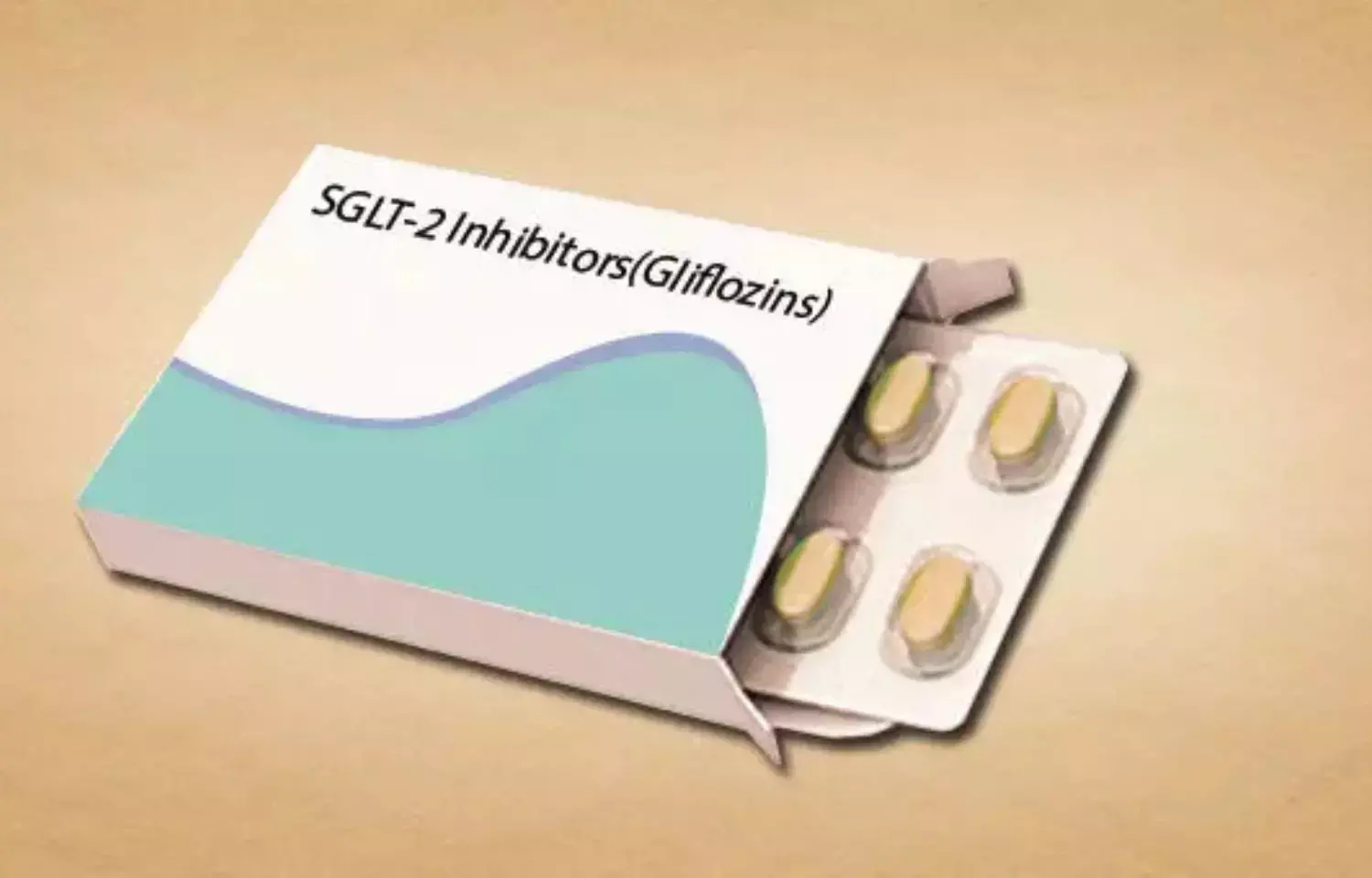- Home
- Medical news & Guidelines
- Anesthesiology
- Cardiology and CTVS
- Critical Care
- Dentistry
- Dermatology
- Diabetes and Endocrinology
- ENT
- Gastroenterology
- Medicine
- Nephrology
- Neurology
- Obstretics-Gynaecology
- Oncology
- Ophthalmology
- Orthopaedics
- Pediatrics-Neonatology
- Psychiatry
- Pulmonology
- Radiology
- Surgery
- Urology
- Laboratory Medicine
- Diet
- Nursing
- Paramedical
- Physiotherapy
- Health news
- Fact Check
- Bone Health Fact Check
- Brain Health Fact Check
- Cancer Related Fact Check
- Child Care Fact Check
- Dental and oral health fact check
- Diabetes and metabolic health fact check
- Diet and Nutrition Fact Check
- Eye and ENT Care Fact Check
- Fitness fact check
- Gut health fact check
- Heart health fact check
- Kidney health fact check
- Medical education fact check
- Men's health fact check
- Respiratory fact check
- Skin and hair care fact check
- Vaccine and Immunization fact check
- Women's health fact check
- AYUSH
- State News
- Andaman and Nicobar Islands
- Andhra Pradesh
- Arunachal Pradesh
- Assam
- Bihar
- Chandigarh
- Chattisgarh
- Dadra and Nagar Haveli
- Daman and Diu
- Delhi
- Goa
- Gujarat
- Haryana
- Himachal Pradesh
- Jammu & Kashmir
- Jharkhand
- Karnataka
- Kerala
- Ladakh
- Lakshadweep
- Madhya Pradesh
- Maharashtra
- Manipur
- Meghalaya
- Mizoram
- Nagaland
- Odisha
- Puducherry
- Punjab
- Rajasthan
- Sikkim
- Tamil Nadu
- Telangana
- Tripura
- Uttar Pradesh
- Uttrakhand
- West Bengal
- Medical Education
- Industry
SGLT2 inhibitors reduce HF, MACE and improve kidney outcomes in CKD: ADA/ EASD consensus report

SGLT2 inhibitors should be used in patients with heart failure (HF) because they improve kidney and HF outcomes, according to a consensus report released by the American Diabetes Association (ADA) and the European Association for the Study of Diabetes (EASD).
The new consensus statement on hyperglycemia management in type 2 diabetes inhibitors was presented at the 58th EASD Annual Meeting in Stockholm, Sweden, and subsequently published in the ADA journal Diabetes Care and EASD journal Diabetologia.
The report also suggests the initiation of a sodium-glucose cotransporter-2 inhibitor (SGLT2i) with proven benefits to reduce HF and MACE and improve kidney outcomes in people with chronic kidney disease (CKD) and an eGFR of $20 ml/min per 1.73 m2 and a UACR >3.0 mg/mmol (>30 mg/g).
Further, the report states "an SGLT2i with proven benefits should be used to reduce major adverse cardiovascular events (MACE) and HF and improve kidney outcomes, or a GLP-1 receptor agonist with proven benefit for reducing MACE in patients without established cardiovascular disease (CVD) but having multiple CV risk factors (such as obesity, smoking, hypertension, albuminuria, or dyslipidemia)."
The authors also recommend that the decision to use an SGLT2i or GLP-1 RA should be independent of background metformin use in patients with CKD, HF, established CVD, or multiple risk factors for CVD.
The authors highlight that MACE reduction through SGLT2i and GLP-1 RA is likely independent of baseline HbA1c; implying that the decision to use a GLP-1 RA or an SGLT2i in people with CKD, HF, established CVD, or multiple risk factors for CVD should be independent of baseline HbA1c.
"The SGLT2 inhibits are oral medications that reduce plasma glucose by increasing urinary excretion of glucose with low inherent risk of hypoglycemia; intermediate weight loss. They have intermediate to high glucose-lowering efficacy, with lower glycaemic efficacy at lower eGFR," the authors wrote in their study. However, based on cardiovascular and renal outcomes studies their scope of use has expanded significantly."
Cardiorenal outcomes trials have shown their effectiveness in reducing the risk of composite MACE, myocardial infarction, cardiovascular death, all-cause mortality, and hospitalization for heart failure (HHF). Also, it was shown to improve renal outcomes in patients with type 2 diabetes with an established/high risk of CVD.
According to the report, recent studies have increased confidence in the safety of the SGLT2i drug class. Their use is linked with an increased risk for mycotic genital infections, however, they are shown to be mild and treatable. The risk of diabetic ketoacidosis (DKA) increases with SGLT2i use but with low incidence and a modest incremental absolute risk.
The SGLT2i cardiovascular outcomes trials (CVOTs) have demonstrated DKA rates of 0.1–0.6% versus placebo rates of <0.1–0.3% with very low rates in the HF and outcomes studies.
Reference:
Davies, M.J., Aroda, V.R., Collins, B.S. et al. Management of hyperglycaemia in type 2 diabetes, 2022. A consensus report by the American Diabetes Association (ADA) and the European Association for the Study of Diabetes (EASD). Diabetologia (2022). https://doi.org/10.1007/s00125-022-05787-2
Dr Kamal Kant Kohli-MBBS, DTCD- a chest specialist with more than 30 years of practice and a flair for writing clinical articles, Dr Kamal Kant Kohli joined Medical Dialogues as a Chief Editor of Medical News. Besides writing articles, as an editor, he proofreads and verifies all the medical content published on Medical Dialogues including those coming from journals, studies,medical conferences,guidelines etc. Email: drkohli@medicaldialogues.in. Contact no. 011-43720751


